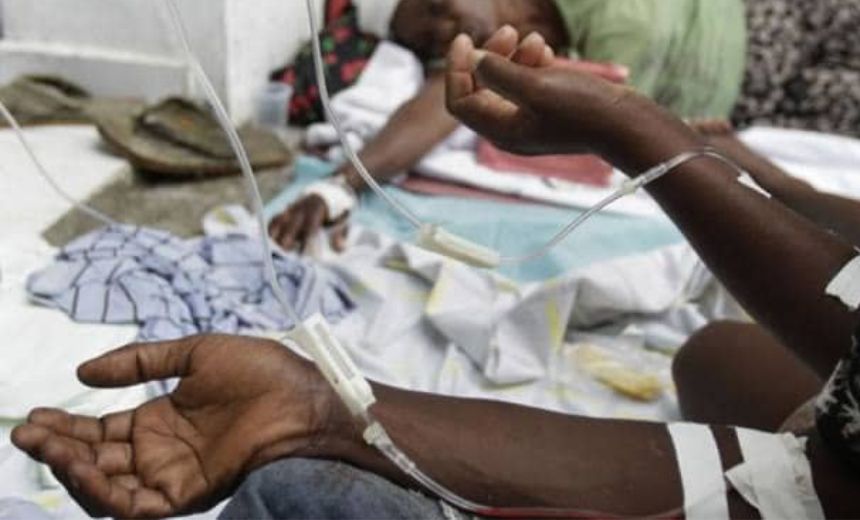The Nigeria Centre for Disease Control and prevention has declared cholera a public health emergency after its risk assessment showed the country is now at ‘High Risk’ of increased risk of cholera transmission and impact.
The National Cholera Emergency Operations Centre has, therefore , been activated to interrupt disease transmission and reduce the impact of the disease and other socioeconomic complications.
Cholera is a food and water borne disease and Water is usually contaminated by faeces of infected individuals as well as unsafe practices such as improper disposal of refuse and open defecation.
The highly contagious disease which time between infection and the appearance of symptoms is 2 hours to 5 days, has a higher risk of transmission in areas that lack adequate sanitation facilities or a regular supply of clean water.
Cholera has since January 2024 caused devastation in nigeria
with a total of 1528 suspected cases and 53 deaths recorded across 31 states in 107 local government areas as of 24th June 2024.
MUST READ:Cholera Outbreak: Lagos Records 21 Fatalities, New Suspected Cases
In response to the increased cases, the Nigeria Centre for disease control and prevention undertook a risk assessment which result placed nigeria as ‘High Risk’ country
The DG Nigeria Centre for disease control and prevention, says the distribution of medical supplies for case management, infection prevention, control, laboratory diagnosis subnational level training of Laboratory Scientists on sample collection and analysis as well as training of community mobilizers on cholera are ongoing.
NCDC says Contamination of drinking water can occur at the source, particularly during transportation or during storage at home while Food may also be contaminated by soiled hands, either during preparation or while eating.
The center also noted that
Beverages or drinks prepared with contaminated water or sold by street vendors, ice, and even tampered commercially bottled water are known to spread the disease.
The DG called on state governments to prioritise action for solutions
that ensure access to safe water, basic sanitation, and proper hygiene
practices in communities.
(Editor: Paul Akhagbemhe)








